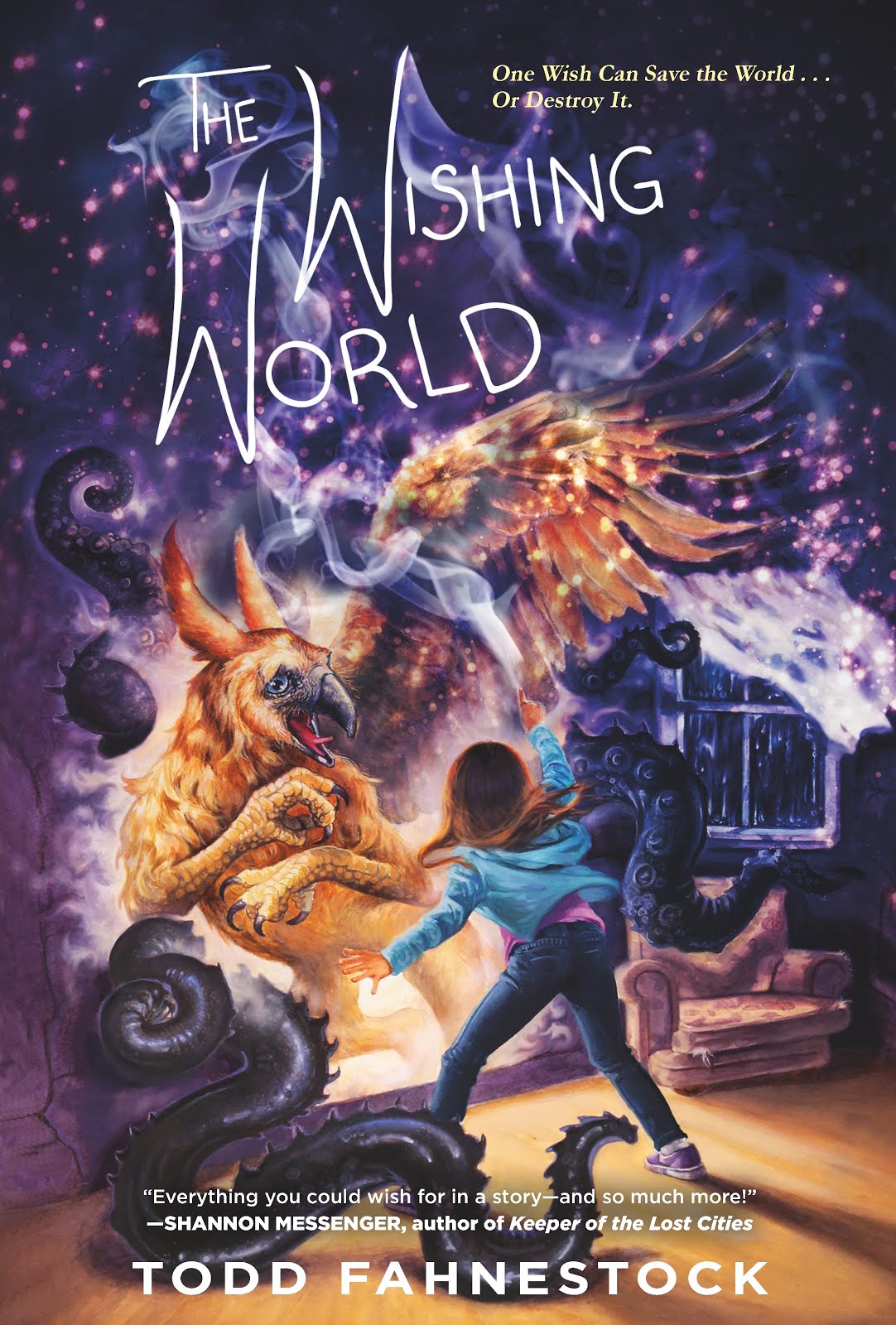Hope-alyptic. It’s the opposite of apocalyptic, a word I came up with when thinking about The Wishing World. It means looking at the bright side, searching for the good. These days, hope-alism in short supply. We feel hope because it is still out there, floating about, but then spend our time spitting vitriol –or listening to it– on social media or mainstream media. We talk darkly about the future.
Are there are truly more horrible things going on now than in the past? Is our future brighter or darker? I think about the theme of the movie Tomorrowland. The climax reveals that the world is self-destructing because negative images, angry speeches, and a sense of doom is being projected at the Earth, amplified a thousand-fold, intended to escalate conflict in the hopes that the Earth will destroy itself. Writer/director Brad Bird touched on something very real with his theme: the amplification of horror in our modern world. Through media. Through social media. Through, oftentimes, the best of intentions: to identify the culprit and stop them.
With all of this doomsaying, it seems like things are getting worse, that we’re galloping toward an undefined cliff. But is this truly reality, or just the reality that we’re making, like the self-fulfilling prophecy of Tomorrowland?
A video called The Fallen of World War II catalogues the deaths (70 million) of the war and points out that more people died fighting in World War II than in all the wars since. In 1989 the span between the end of WWII and the present was called The Long Peace and has continued, relatively speaking, to this day. But this doesn’t make headlines. The narrator said:
“We give such importance to the word “peace,” but we don’t tend to notice it when it occurs.”
It’s not that horrible things aren’t happening. They are. But what is the best way to fight them? Does constantly dwelling on the horrors of the world diminish them or empower them?
Imagination lifts people to create wonders. Goodwill begets goodwill, but media shines the light on the “train wrecks” of our society because that’s what we, as viewers, just can’t turn away from. Stephen Jay Gould’s The Mismeasure of Man notes that what one searches for is what one tends to find. If we look for hate and horror and point it out everywhere, what else do we expect to see?
I don’t hear anyone talking about The Long Peace. Shouldn’t we? If we want to point ourselves at a bright future, shouldn’t we look at the light?
I don’t hear anyone talking about The Long Peace. Shouldn’t we? If we want to point ourselves at a bright future, shouldn’t we look at the light?













No comments:
Post a Comment